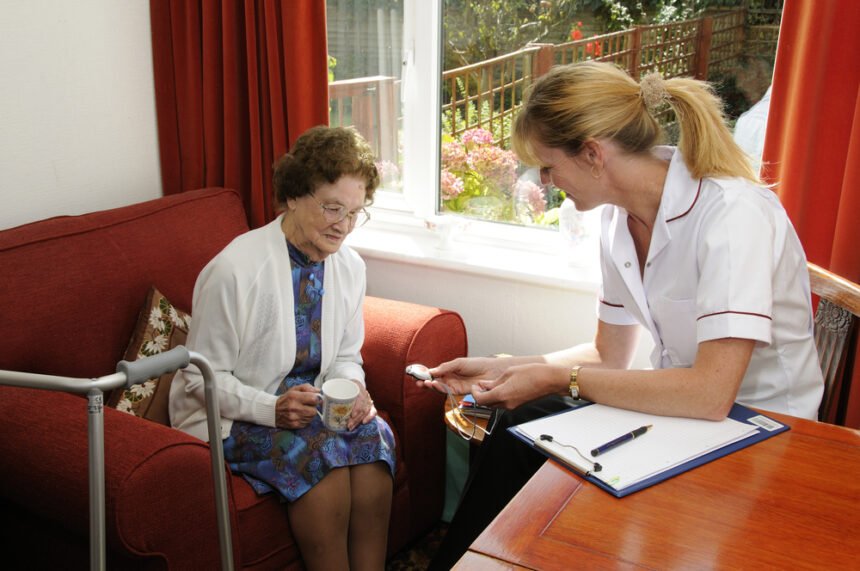Medical alert systems have long been associated with senior safety. However, in the last 5 years, medical alert technologies have exploded with new innovations, providing enhanced protection in the event of a fall or medical emergency for seniors. Specifically, the development and integration and or conversion of fall detection, mobile, GPS and smart watches into medical alert devices has dramatically increased the range and quality of protection.
Automatic Fall Detection
The classic medical alert system, was designed to allow its user to press a help button in the event they fell and no one was around to help. The flaw was that if the user fell and was unable to press the help button due to unconsciousness, injury or inability, help would not be provided. Now most medical alert systems intended for seniors come with an option to include automatic fall detection. Using a combination of accelerometers, processing technology and proprietary algorithms, fall detectors can distinguish between a fall, a stumble or someone sitting down quickly and automatically call for help, when a fall is detected. The technology is so appealing, and the problem of falling so pervasive (nearly one in three adults over the age of 65 fall each year), that even Apple has integrated fall detection technology into its watches. Fall detection has significantly increased the quality of protection medical alert devices offer seniors.
Mobile Technology
One of the limitations of the original medical alert systems, was that it could only be used in a user’s home. With the development of mobile technology, medical alert devices can now protect seniors in and outside their homes, no matter where they are. Cellular technology allows users to call for help and speak to monitoring agents via 2 way speakers in their devices, wherever a signal can be used. Embedded GPS technology allows the monitoring center to identify where the signal is coming from and send help to within feet of the user. As battery lifespan and cellular coverage improve, and devices get smaller, we expect mobile medical alert systems to continue replacing landline based systems at an increasingly rapid pace. Both cellular and GPS technologies have dramatically increased the range of protection medical alert devices offer seniors.
Smart Watches
Interestingly, one of the most prevalent reasons older adults gave for not getting a medical alert system in the first place or for returning it prior to originally intended, was the stigma, discomfort, or poor aesthetics associated with its use. Smart watches hold the promise of expanding the user base from the old and infirm to more active older adults, and to improving compliance and usage of those who get the device. Medical alert devices designed into smart watches, look like regular smart watches, avoiding the stigma of being identified as someone who needs a medical alert device. Moreover, smartwatches tend to be better looking than bulkier mobile medical alert devices, making it less conspicuous, encouraging users to wear their device at all times. Medical alert systems using smart watch technology have the ability to dramatically increase the number of people who use the devices and the usage of those who actually get the device.
Conclusion
We expect the rapid development of mobile, sensor, voice, and artificial intelligence technologies to dramatically alter the medical alert landscape in the coming years. Both seniors and caregivers can expect better protection, more convenience and cheaper prices.







